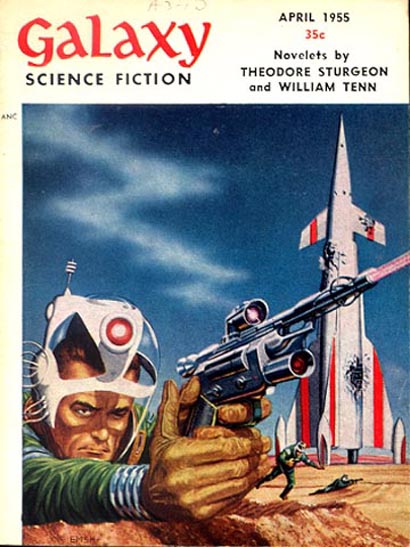

Greek works with proto-science fiction-like elements include Aristophanes' The Clouds and The Birds, and Plato's descriptions of Atlantis. Gilgamesh features a flood scene that in some ways resembles work of apocalyptic science fiction however, it is probably better categorized as fantastic literature, as there is little of science or technology in it. Lester del Rey has stated that the first work of science fiction was the first recorded work of literature, The Epic of Gilgamesh. This claim is now a minority opinion, with the majority placing these works at best as examples of proto-science fiction. There have been attempts by various historians to claim an ancient history for the genre of science fiction. 6 Contemporary science fiction and its futureĮarly science fiction Early precursors File:GilgameshTablet.jpg.

It is represented in all varieties of ordinary and advanced media. Today, science fiction has significant influence on world culture and thought. Science fiction developed and boomed in the 20th century, as the deep penetration of science and inventions into society created an interest in literature that explored technology's influence on people and society.

Some place the origin with the gothic novel, particularly Mary Shelley's Frankenstein. Others argue that science fiction began in the late Middle Ages, or that science fiction became possible only with the Scientific Revolution, notably discoveries by Galileo and Newton in astronomy, physics and mathematics. Some offer works like the Sumerian Epic of Gilgamesh as the primal texts of science fiction. The literary genre of science fiction is diverse and since there is little consensus of definition among scholars or devotees, its origin is an open question. For film, see History of science fiction films. This article is about science fiction literature.


 0 kommentar(er)
0 kommentar(er)
